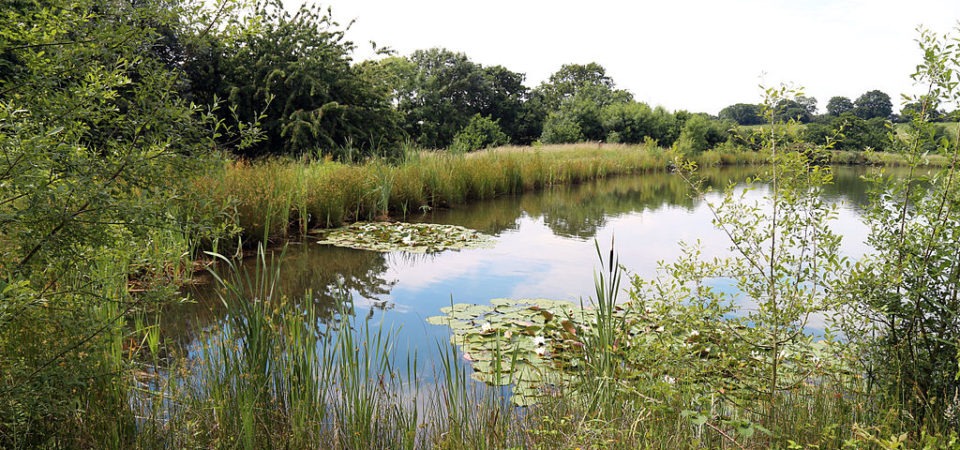Item Link: Access the Resource
Date of Publication: April 18
Year of Publication: 2023
Publication City: Gothenburg, Sweden
Publisher: The Overpopulation Project/University of Gothenburg
Author(s): Phil Cafaro
A distinguished scientist’s new book makes the case that more people means less wildlife, in the United Kingdom and globally. This excellent offering is a must-read for anyone interested in the connection between human numbers and biodiversity protection.
For Trevor Beebe, the issue of people crowding out other species surfaced early in his life. “It was April 1963,” he writes:
…and hovering above the pond an intimidating machine was moving vast quantities of earth, infilling a treasure trove overflowing with water plants, dragonflies, beetles, frogs, newts and so much more. … This small pool had been my inspiration, awakening my first fascination with natural history. Over the previous 5 years I had become familiar with every soggy corner and to this day I could draw you a map of it. A shady bay beneath a hawthorn bush where, one autumn, a dozen newly emerged great diving beetles lay immobile on the silt; springs with frog choruses, masses of spawn, migrating toads and newts flitting around in the shallows; and warm summer days with hawker dragonflies patrolling tirelessly around the shores. Within a matter of hours, all this was gone, paving the way for a new housing estate. My adolescent brain made the obvious connection: more people means fewer wild places and less wildlife.
Beebe’s youthful naturalizing led to a career in science and conservation. His new book published by Cambridge University Press, Impacts of Human Population on Wildlife: A British Perspective, makes the case that the primary cause of the massive biodiversity loss in the British countryside during his lifetime has been “the attempt to accommodate more people than Britain can sustain without ongoing environmental damage.” While the core of the book describes these changes and documents their links to Britain’s growing population, additional chapters explore population impacts and policies internationally.
Read the full article here.
The views and opinions expressed through the MAHB Website are those of the contributing authors and do not necessarily reflect an official position of the MAHB. The MAHB aims to share a range of perspectives and welcomes the discussions that they prompt.
